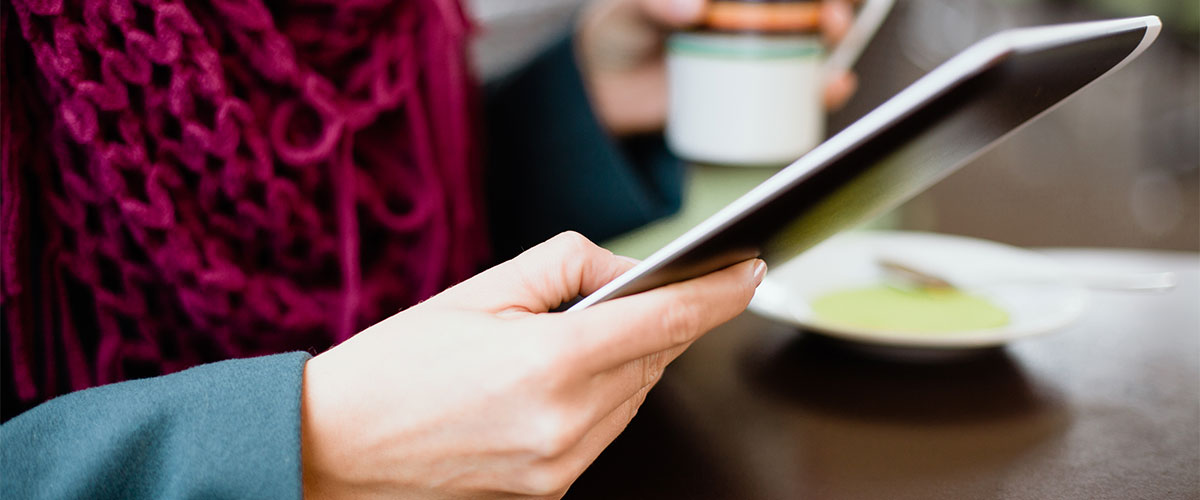I am sitting in a coffee shop at Harvard Square doing my work. When I look around, all the people, mostly millennials and young students, are busy looking at their smart phones, talking through their blue tooth devices and typing on computers. Nobody is really conversing, interacting or taking notice of anything.
Right, this is the new normal. That is, we all are so used to being in a digital world that we create virtually that we don’t notice the physical world and “real” reality that much anymore.
This brings me to a thought that has been developing since I played Pokemon Go in Tokyo last month. The augmented reality experience was so engaging that it was almost scary. A Fortune article recently mentioned that “Pokémon may be a game for teens and millennials, but it has irrevocably changed societal expectations of what information is presented and how it is accessed”.
I started wondering if we should think about building in emotional sensors, reminders, shut-offs based on individual ability, preferences, into all these new technologies, whether it’s Cloud, Internet of Things, Cognitive Computing, Artificial Intelligence or Augmented Reality, etc so that fundamental needs of human beings, such as the recognition of physical exhaustion or unusual emotional sensations will not be ignored, sidelined or forgotten.
If we do build a sensor array and are smart about it, I think we stand to gain unexpected outcomes. I firmly believe that if each individual can venture into a new world, a new culture, albeit a digital or virtual world, we can potentially learn more, open up more, understand more and appreciate more.
This reminds me of the conversation I had with Albert Rizzi, Founder of My Blind Spot. He became blind at age 40. He talked about how in his earlier life as a busy, career-minded New Yorker, he was actually quite “blind” to people and his surroundings. Not until he lost his eyesight completely from an unexpected illness and entered a brand new blind world has he begun to “see” the world.
Lets see if we can begin to imagine and build a harmonious, fusion world of virtual and reality where human and digital culture can bring new insight.
If you are interested in Al Rizzi’s story, watch this video:
To follow Frances and read her blogs visit:
